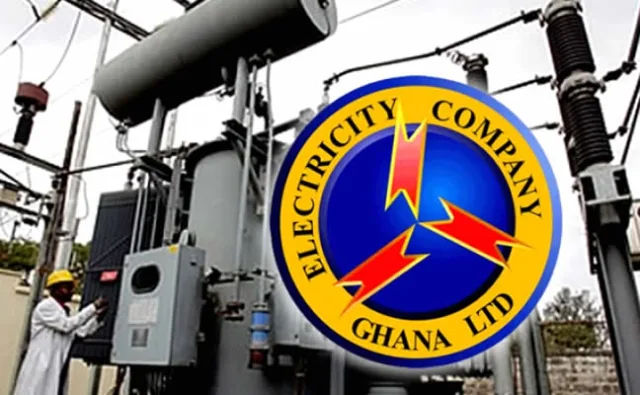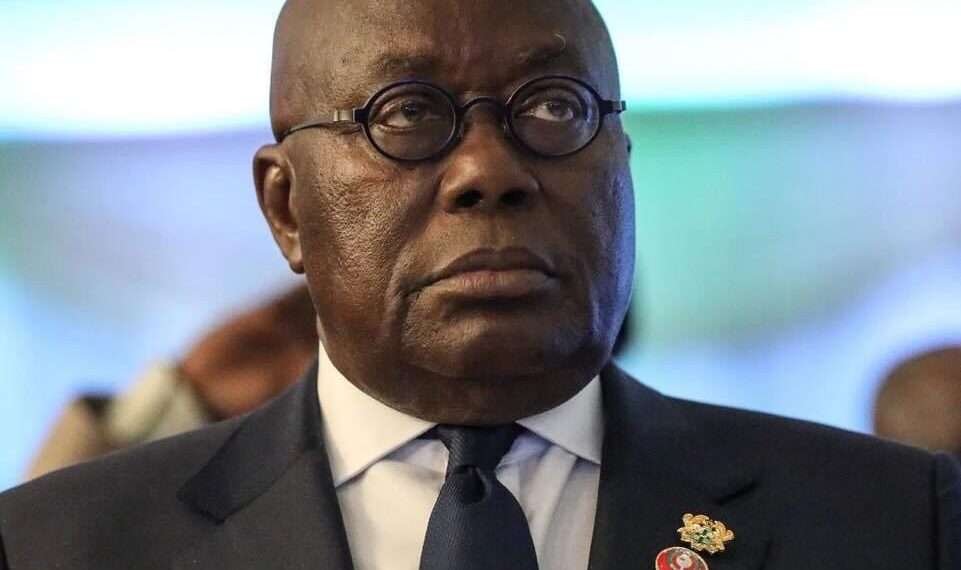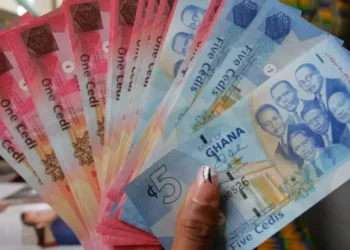The Electricity Company of Ghana (ECG) has faced significant challenges over the years, including a lack of investment and stagnant revenue growth.
Former Managing Director of the Electricity Company of Ghana (ECG), Samuel Dubik Mahama attributed ECG’s financial and operational stagnation between 2017 and 2020 to the controversial Power Distribution Services (PDS) deal, which temporarily handed over management of the company to a private entity before collapsing just eight months later.
“If you cast your mind back, during the President’s first tenure, all efforts were geared towards sending ECG into privatization.
“So, there was zero investment in the company.”
Samuel Dubik Mahama, Former Managing Director of ECG
The PDS agreement, initiated under the government’s efforts to meet the conditions of a US Millennium Challenge Corporation (MCC) power compact, was intended to bring efficiency and capital injection into ECG’s operations.
However, the deal was fraught with controversy and was eventually terminated in 2019 over issues with the validity of payment guarantees.
Mr Mahama noted that the failed PDS deal left a significant vacuum in ECG’s operations and development. “Following the botched privatisation attempt, ECG reverted to state control just as the country was heading into the 2020 general elections,” he recalled.

According to Mahama, the hiatus in investment during this critical period had severe consequences on infrastructure development, operational efficiency, and customer satisfaction.
Taking over as ECG’s Managing Director in May 2022, Mr Mahama said he commissioned a comprehensive “health check” to assess the status of the company.
What he found was a troubling disconnect between ECG’s customer base growth and its data systems. “Although there had been massive growth in the number of ECG customers, this was not properly reflected in the company’s data,” he explained.
“The Commercial Management System (CMS), which was introduced under a World Bank project, couldn’t cope with the rising customer base.
“Once we hit 4.5 million customers, new additions were no longer being captured by the billing system — they were essentially hanging.”
Samuel Dubik Mahama, Former Managing Director of ECG
This technological shortfall meant that many customers were receiving no bills, directly affecting ECG’s already fragile revenue stream. Mr Mahama emphasized that this deficiency contributed to the company’s poor financial standing.
ECG’s Revenue Stagnation

He disclosed that historically, ECG had remained outside major financial policy conversations, with its revenue base stagnating between GH¢450 million and GH¢500 million for several years.
“ECG was never at the table in terms of revenue. For years, our earnings flat-lined.
“No utility company’s revenue should be that stagnant, especially in a growing economy.”
Samuel Dubik Mahama, Former Managing Director of ECG
These challenges were compounded by a backlog of infrastructure projects and a weak customer service framework.
Data from ECG’s Project Management Office indicated that over 700 electrical infrastructure projects were outstanding, about 100 more were in civil works, and only 12 were related to customer service.
“This showed clearly that while the infrastructure side was being addressed in some way, the business side — the side that brings in the money — was totally neglected.”
Samuel Dubik Mahama, Former Managing Director of ECG
Despite the daunting circumstances, Mahama initiated a series of reforms during his tenure aimed at reversing the company’s financial trajectory and improving customer engagement.
Key among these was the overhaul of customer interface systems and the introduction of modern billing solutions.
“I told the board that no critical 21st-century utility company can operate without properly engaging customer.
“So, we embarked on an ambitious drive to change the narrative around customer relations.”
Samuel Dubik Mahama, Former Managing Director of ECG
These reforms appeared to have borne fruit. Under Mahama’s leadership, ECG’s monthly revenue reportedly surged to GH¢1.5 billion — a significant leap from the previous stagnation.

This growth, he emphasized, was a testament to what could be achieved when the focus shifts from mere infrastructure to business transformation.
While acknowledging the complexity of ECG’s challenges, Mahama pointed out that his time on the company’s board had not fully prepared him for the operational difficulties he encountered as Managing Director.
The Electricity Company of Ghana’s journey under Samuel Dubik Mahama’s leadership reveals the complexities of managing a national utility provider amidst political and operational challenges.
From the failed privatization efforts to the systemic deficiencies in data and billing systems, ECG’s story underscores the importance of strategic investment and customer engagement in achieving financial stability and operational efficiency.
As Ghana moves forward, the lessons learned from ECG’s experiences will be crucial in shaping the country’s energy policies and ensuring sustainable development.
Mr. Mahama’s tenure serves as a reminder that addressing deep-rooted challenges requires bold leadership, innovative solutions, and a commitment to prioritizing the needs of both the company and its customers.
READ ALSO: Ghana, Czech Republic Deepen Ties with President Petr Pavel’s Visit



















